"Dhaka ranks as the fifth most polluted city, with a winter peak AQI of 194, mirroring WHO's report on seven million annual air pollution-related deaths."
The Bangladeshi capital, Dhaka, has once again earned the dubious distinction of having the world's worst air quality, with an Air Quality Index (AQI) score of 194 recorded on February 8th, 2024.
This alarming news comes as no surprise to Dhaka residents, who regularly endure smoggy skies and suffer from the health consequences of breathing polluted air. According to the World Health Organization, air pollution contributes to an estimated seven million deaths worldwide each year, with numerous health problems linked to exposure, including stroke, heart disease, chronic lung diseases, and respiratory infections.
The top four cities on the list were Accra, Ghana; Baghdad, Iraq; Shenyang, China; and Mumbai, India, with AQI scores of 275, 206, 204, and 202, respectively.An AQI level of 201 to 300 is deemed "very unhealthy," and a reading of 301 or more is deemed "hazardous," presenting significant health hazards to locals.
While Dhaka consistently ranks among the most polluted cities globally, winter months exacerbate the problem. The recent AQI reading of 194 falls into the "dangerous" category, indicating severe health risks for all residents. In contrast, air quality is considered "not good" for everyone when the AQI ranges from 150 to 200.The issue of air quality in Dhaka has long persisted, exacerbated during the winter months. Dhaka's PM2.5 level, at 168 g/m, exceeds the World Health Organization's (WHO) recommended threshold by 27.5 times.



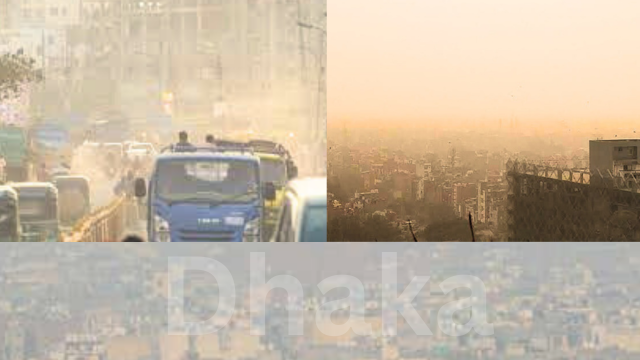


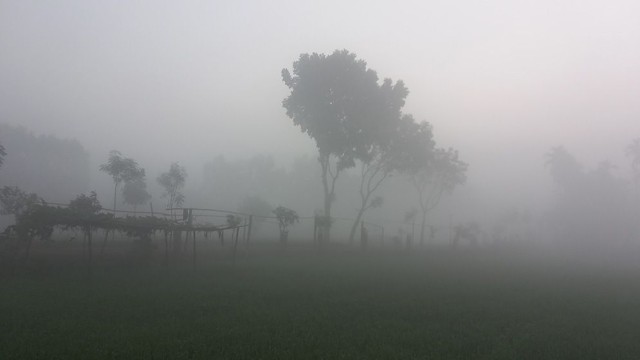
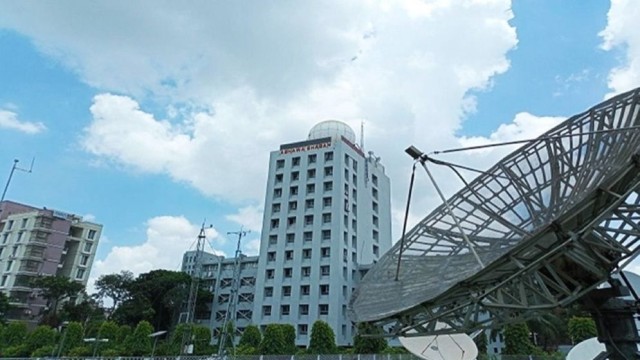
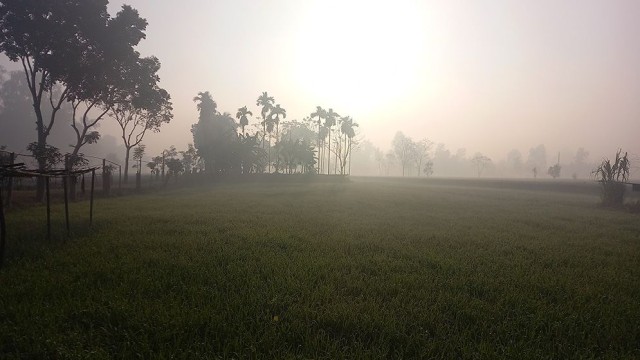
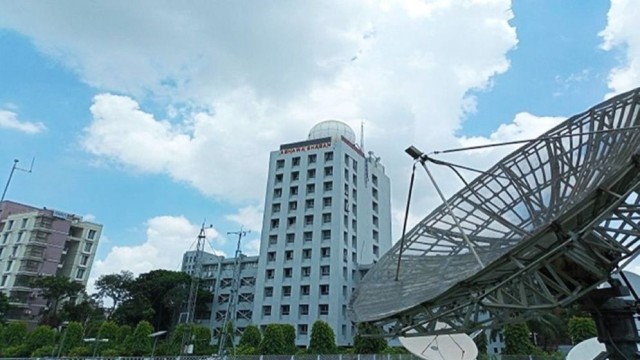





















Comment: